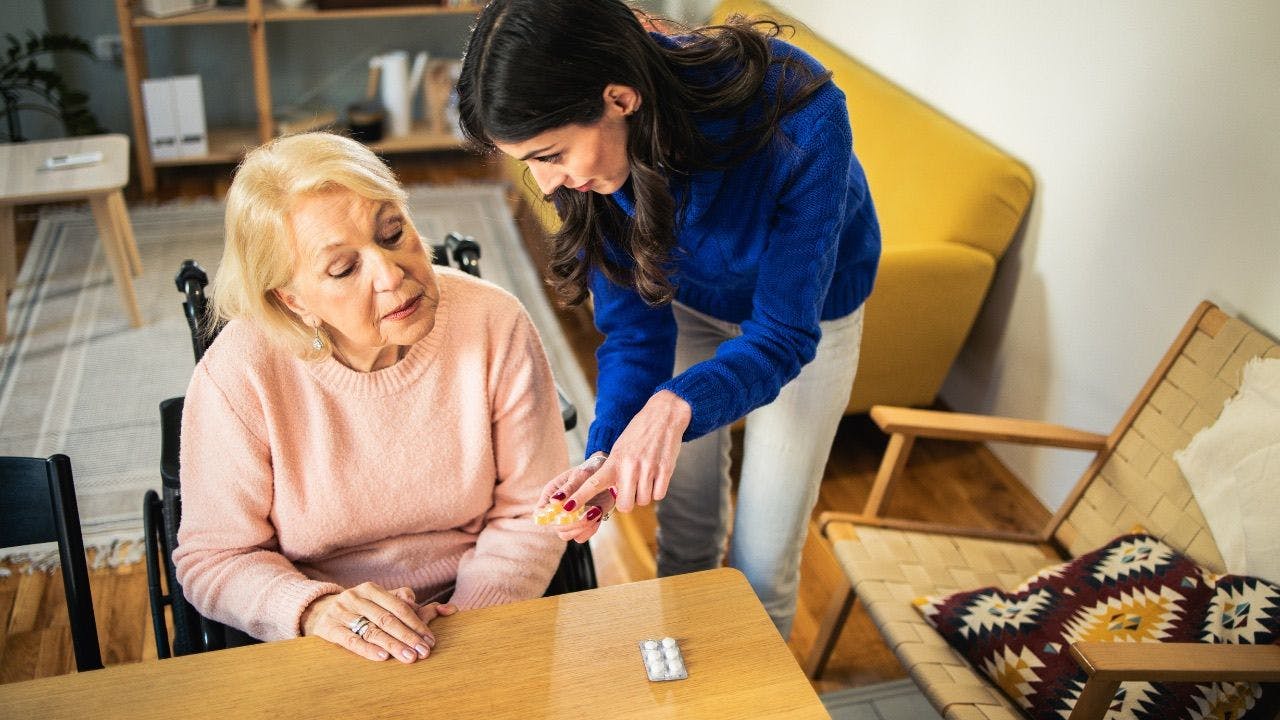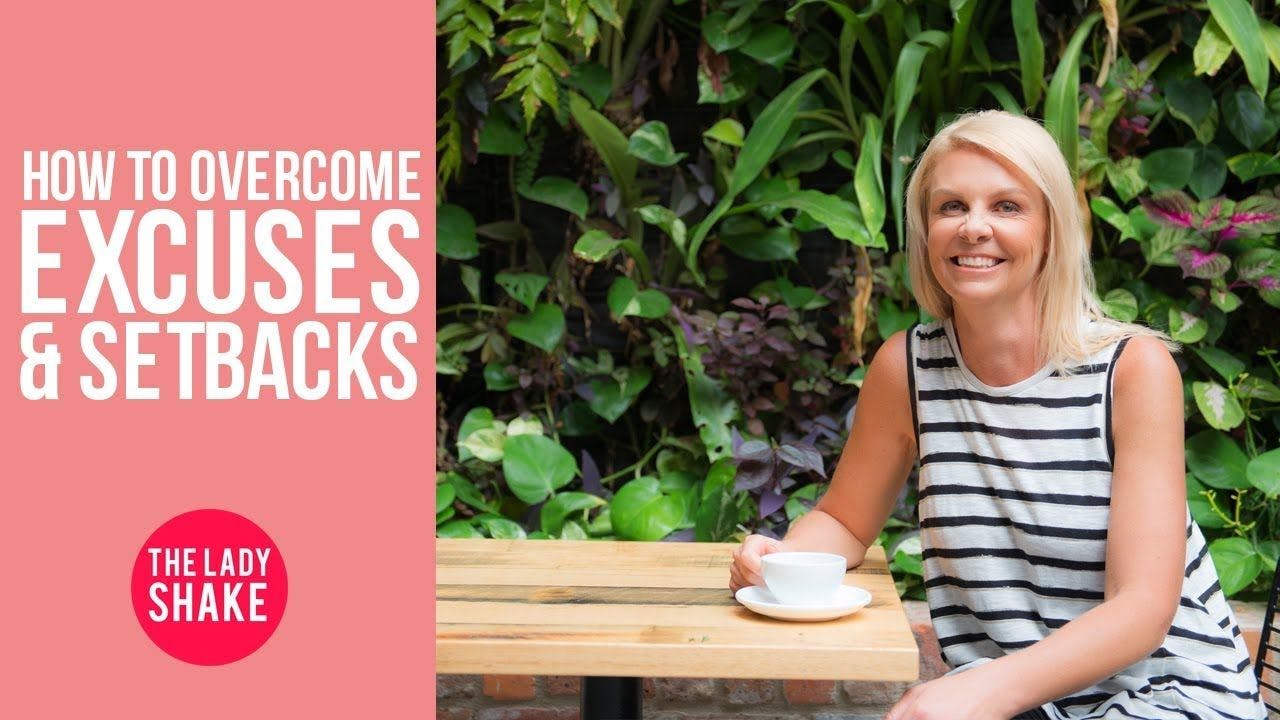How To Support Your Senior Loved Ones
•Wellbeing

Share
If you’ve got a loved one living alone in their older years you may have some concerns about their safety and general wellbeing. It's hard enough to come to terms that they’re getting older! But there are so many safety measures you can put in place to support them, even if you can’t physically be there.
Consistent Contact
This one is pretty self-explanatory. Maintaining regular contact with your older loved ones is essential! Frequently checking in on them is going to give you both some peace of mind. Figuring out what they need from you is the very first step, and you won’t know if you don’t ask! We all lead busy lives, and even if you can’t visit as much as you’d like, maintaining communication through phone calls and texts will provide some comfort for the both of you.
Just ensure you make your desire to help crystal clear! No parent wants to feel like a burden on their child, so give them some words of affirmation and let it be known it’ll provide you with comfort to be their go-to for help. Social interactions are also crucial to maintaining cognitive function in seniors, so keep them talking! You can read more about that here.
Safety Measures
When it comes to seniors who suffer with mobility issues, it is vital that their primary caregiver implements safety measures. We think it’s ideal for them to look into purchasing wearable devices such as heart rate monitors and fall-prevention devices, that way help can be just a button press away — and even if you can’t make it there yourself, these safety devices are capable of alerting emergency services, so you’ll know your loved one will be safe! Check out our tips on tech to help here.
Encourage Research
Although you may feel like their safety is completely in your hands, that doesn’t have to be the case! It’s important seniors know what they can do to help themselves for the times you can’t be there. We’ve got some great articles ourselves targeted to our older demographic on how to prevent falls, specific exercises to perform to ensure that, and steps they can take to maintain their independence while living alone.
Brain Training
Another misfortune that comes with ageing is the increased risk of cognitive decline, and even though our memory and cognition may not be as sharp in our older age, there are preventative measures that have been studied and proven to help. Aside from maintaining social connectedness, brain training games as simple as crossword puzzles, word searches and jigsaw puzzles can all contribute to maintaining their cognition and memory recall! Take a look at our blog on how to prevent cognitive decline in seniors for some more helpful information.
Worrying about your older loved one’s safety is inevitable, and hopefully this has given you some peace of mind that you can help them maintain their independence and help them out in times of need even if you can’t physically be there. It’s all about taking these preventative measures to ensure their safety and allow them to thrive independently.




